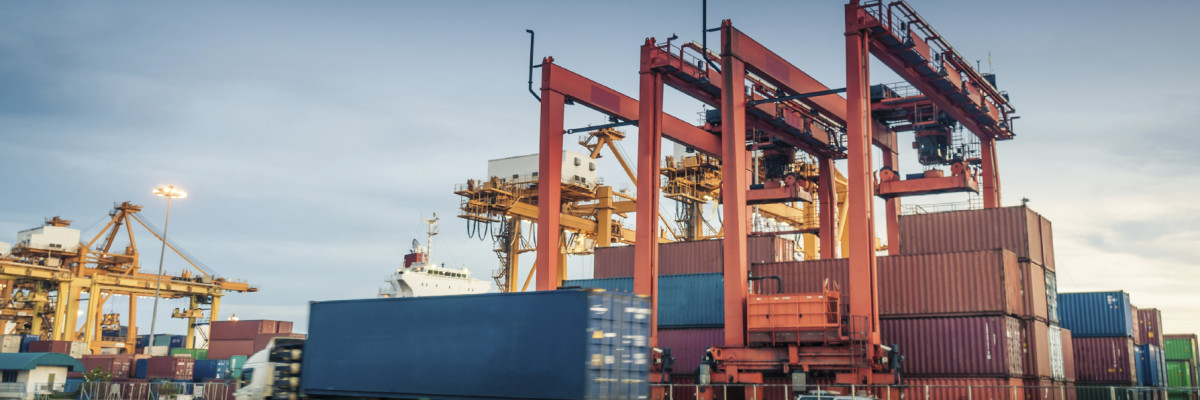
Customs and Border Protection on June 17th announced a change to how they are handling ISF penalties and it gives individual ports the authority to take action directly for violation of the agency’s Importer Security Filing (ISF) requirements.
The ISF (or ’10 + 2′) filing requirements mandates that an importer provide Customs with ten data elements prior to the loading of cargo at the foreign port of origin. The carrier would provide the last two and a determination would be made through the targeting center whether or not the cargo could be loaded for transit to the United States.
For the longest time, CBP had a policy of “informed compliance”, meaning they would work with importers to get the data filed in a timely fashion. They then moved to “enforced” compliance, wherein penalties were assessed for late or non-filings.
Until the middle of June, local ports of entry were required to send proposed liquidated damage penalties for late or non-filing to Customs headquarters in Washington, DC, for review and approval.
According to CSMS message 16-000499:
For shipments that are on the water on or after June 30, 2016, CBP ports will no longer be required to send requests for liquidated damages (LD) claims to Headquarters for review, and the “three-strikes” approach to LD claims against importers’ bonds will also end. There is no change to cargo holds for ISF non-compliance; ports may hold cargo instead of (or in addition to) initiating LD claims.
Translation: If an importer fails to timely submit, or submit at all, their ISF filing, the local port can issue the penalty or hold the cargo without needing to seek anyones approval. They also aren’t required to issue a warning and can go straight to the penalty regime.
Importers must have as part of their supply chain the process to submit and file their ISF’s. As a licensed Customs broker, we file this on behalf of our clients and work with them to secure the documents and information to meet the regulations in advance of the cargo’s departure.
For more information or to find out how we can work with you to ensure full compliance with this and other CBP filing requirements, contact us today.







